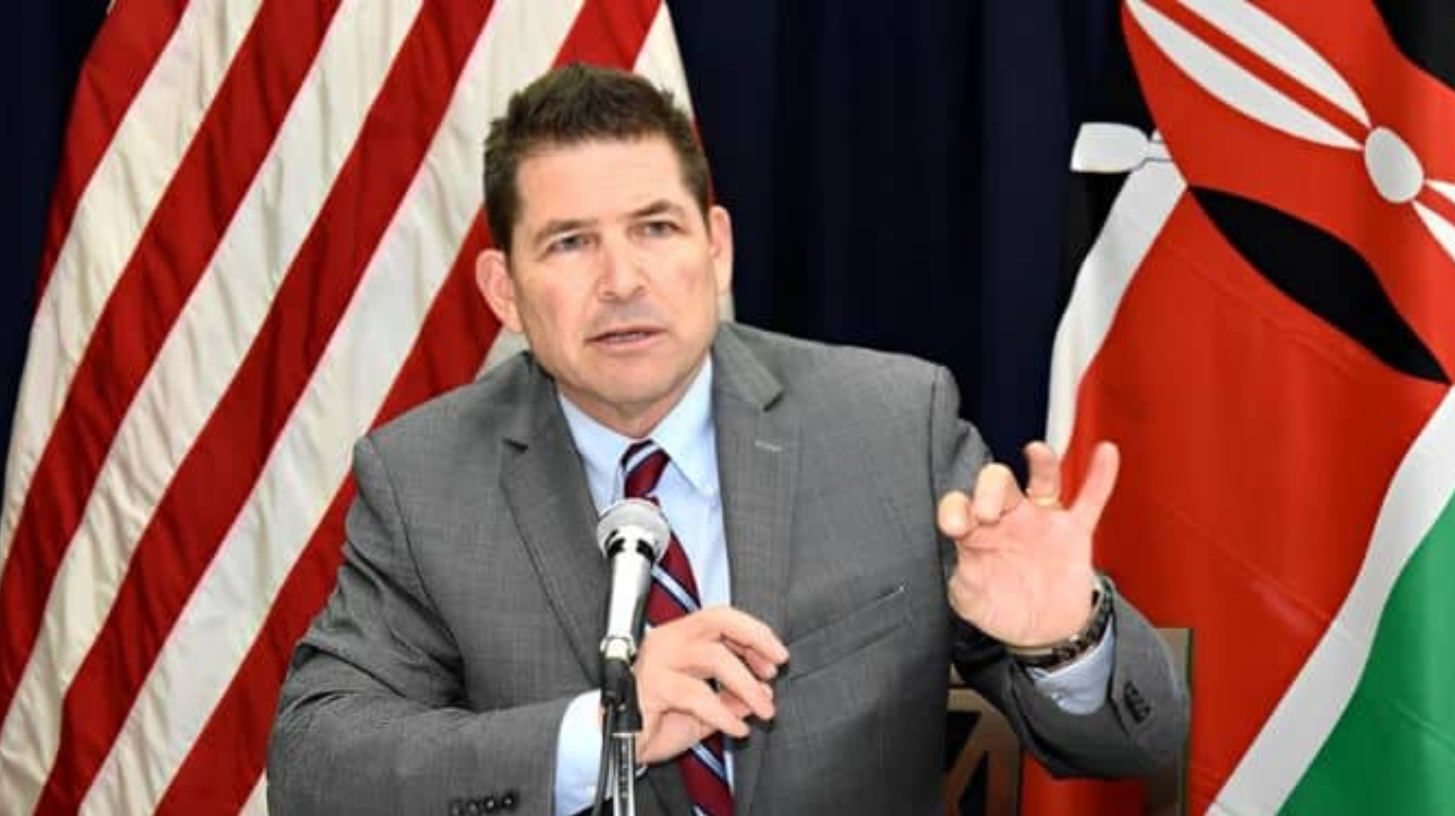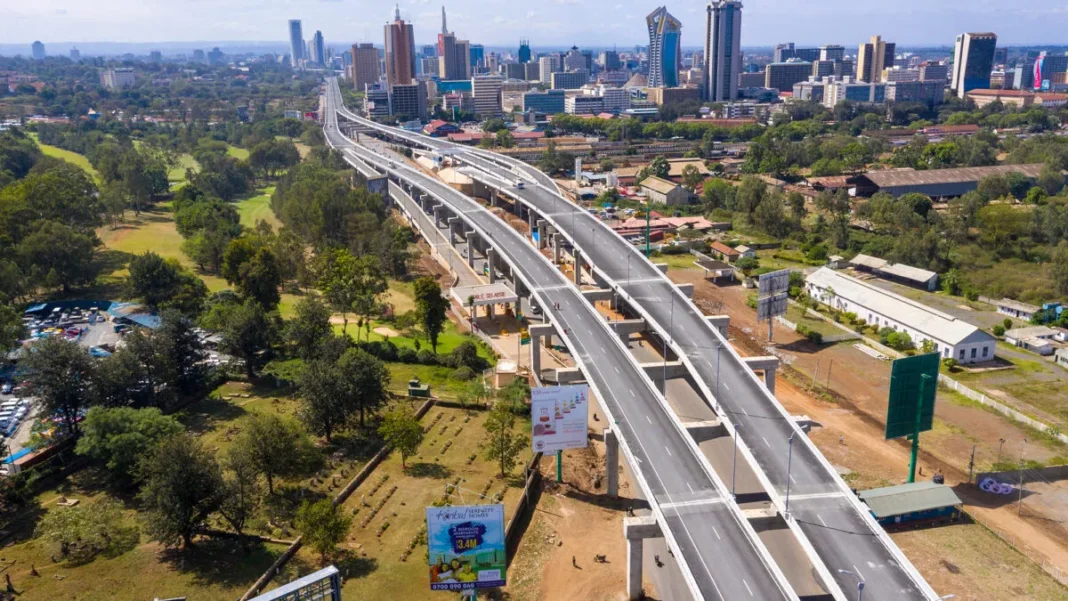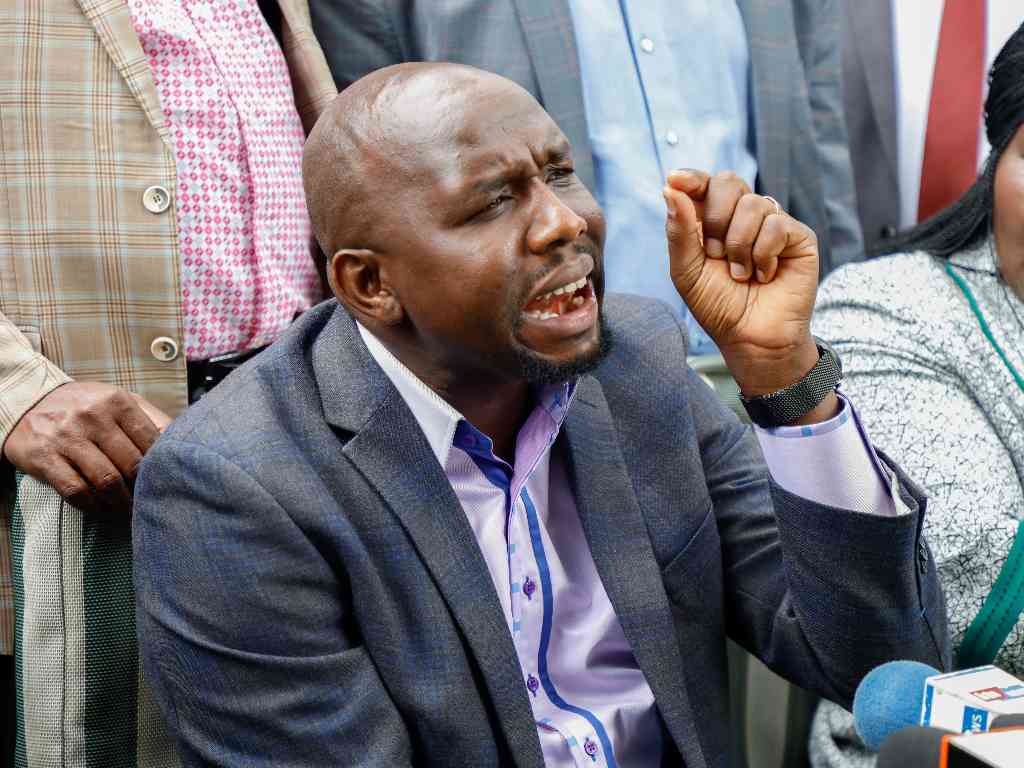The Nairobi-Mombasa Expressway was pitched as a game-changing project to link Kenya’s capital to its largest port city. Backed by Everstrong Capital, a US-based infrastructure company, the 440-kilometre highway promised faster travel, better logistics, and a massive economic boost.
But Kenya National Highways Authority (KeNHA) has now revealed why the Public Private Partnership (PPP) proposal was turned down.
Their decision highlights a significant divide between grand promises and the government’s stringent legal, technical, and financial standards.

Why Nairobi-Mombasa Expressway Deal Faces Major Setback
KeNHA confirmed that Everstrong Capital’s proposal failed to meet crucial requirements set under the PPP Act of 2021. The evaluation was carried out by the PPP Committee of the National Treasury and Economic Planning during its 54th Ordinary Meeting on July 2, 2025.
According to the official notice, the proposal did not meet “relevant criteria” and therefore could not be approved. KeNHA cited Section 43(11)(c) of the PPP Act, which gives the committee authority to abandon a project if it falls short of the legal and technical standards.
This rejection is a significant blow for Everstrong Capital, which had touted the project—dubbed the Usahihi Expressway—as a fully investment-ready venture after submitting a detailed feasibility study. The study, comprising over 2,300 pages, was billed by the company as the “most detailed and transparent” ever delivered to KeNHA.
Kyle McCarter, the company’s Senior Advisor, personally led the May 28 meeting where the study was presented. At the time, McCarter praised the report, stating that it reflected an “effective public-private partnership” model and raised “the bar for infrastructure development” in Kenya.
However, the PPP Committee saw it differently.
Why the Nairobi-Mombasa Expressway Deal Was Rejected
The government’s decision was based on strict adherence to the PPP Act, 2021, which governs how privately funded infrastructure projects are evaluated.
KeNHA’s official statement revealed that the proposal did not meet multiple evaluation benchmarks, which may have included technical feasibility, financial viability, and compliance with existing policy frameworks. The Authority did not disclose every specific shortcoming, but the final verdict was clear—proceeding with the project in its current form was not possible.
The rejection underscores the government’s focus on ensuring that large-scale projects are not just ambitious, but also realistic, legally compliant, and economically sound.
Importantly, KeNHA did not close the door entirely. The agency instructed Everstrong Capital to restructure the project, suggesting an alternative approach—expanding the existing Nairobi-Mombasa highway rather than constructing an entirely new expressway. If the reworked proposal meets all requirements, it can be resubmitted for fresh evaluation under Section 43 of the PPP Act.
Transparency and Public Accountability
KeNHA emphasized that its decision was part of the government’s commitment to transparency in infrastructure planning. By publicly disclosing the PPP Committee’s verdict, the Authority aimed to reassure Kenyans that due process is being followed, and that public interest remains the top priority.
“KeNHA remains committed to strictly adhering to the provisions of the PPP Act, 2021, and further assures the public that it will abide by all its provisions,” the statement read.
This stance aligns with President William Ruto’s broader pledge to enforce stricter oversight on mega projects, particularly those involving foreign investors. In recent years, Kenya has faced criticism over opaque infrastructure deals, some of which have left taxpayers with massive debts.
By rejecting a proposal that did not meet the law’s standards, KeNHA sends a clear message that infrastructure projects in Kenya must be both visionary and viable.
The Bigger Picture for Kenya’s Infrastructure Future
The Nairobi-Mombasa Expressway was pitched as a transformative solution for one of the busiest transport corridors in East Africa. Currently, the Mombasa Road is plagued by congestion, slow cargo movement, and frequent accidents. An expressway would dramatically cut travel times, boost trade efficiency, and attract foreign investment.
However, mega projects of this scale come with risks. Funding structures, toll policies, environmental impact, and land acquisition issues can all derail timelines and public support. Under the PPP model, private companies finance, build, and operate infrastructure in exchange for long-term revenue—often through tolls. This arrangement can reduce immediate government expenditure, but if poorly designed, it can also burden users with high fees and lock the state into costly agreements.
In this case, the PPP Committee’s decision reflects an effort to balance infrastructure ambitions with sustainable execution. For Everstrong Capital, the challenge now is to rework the proposal to align with Kenya’s strategic priorities while maintaining investor interest.
What Happens Next
If Everstrong Capital takes KeNHA’s advice and focuses on expanding the current Nairobi-Mombasa highway, the project could still move forward—though likely at a smaller scale and lower initial cost. A phased expansion might also face fewer environmental and land acquisition hurdles than a brand-new expressway.
Resubmitting the proposal will require detailed revisions and fresh negotiations. The PPP Committee will then review it again under the same legal framework. Approval would still depend on meeting every requirement, from financing terms to technical designs.
For now, the rejection serves as both a setback and a cautionary tale for investors eyeing Kenya’s infrastructure market. The government is signalling that while it welcomes private sector participation, compliance with the PPP Act is non-negotiable.


